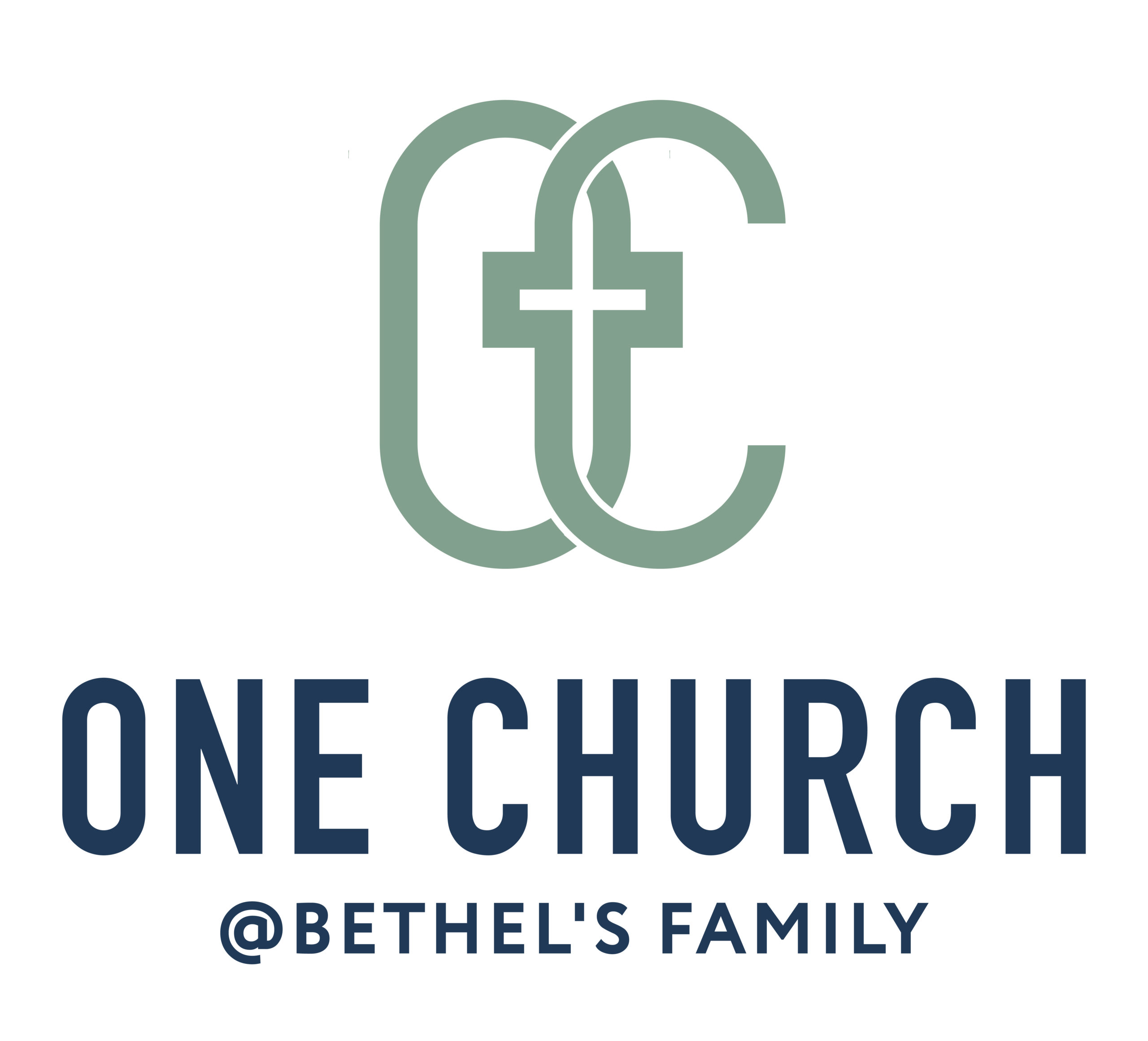Exodus 4:2 reads, “What is that in your hand?”
When God called Moses, one of the first questions He asked him was: “What is that in your hand?” Moses was holding his shepherd’s staff – the one he used each day to lead and protect his sheep. But God had a different plan for it—a greater one! He used it to part the Red Sea and lead Israel into the Promised Land.
When God asks you, “What is that in your hand?” He wants you to think about your talents, experiences, relationships, education, resources, your mind and your temperament. Dr. Martin Seligman talks about our “signature strengths.” They fall into six categories:
1) Wisdom and knowledge. These include things like curiosity, love of learning, sound judgment, and social intelligence.
2) Courage. This includes perseverance and integrity.
3) Humanity. The capacity for kindness, and the ability to express mercy.
4) Justice. The ability to bring about fairness and leadership.
5) Temperance. Qualities like self-control, prudence, and humility.
6) Transcendence. An appreciation for beauty, the expression of gratitude, the ability to hope, and the capacity for joy.
We all have the capacity for each of these strengths, but the ones that resonate most deeply within you are your “signature strengths.” Once you identify these you begin to understand your calling. But be careful; the Enemy wants to convince you that God can’t use you because of your weaknesses, when in fact the opposite is true.
Who can speak to those who are grieving better than those who’ve suffered loss? Chuck Colson was the chief White House lawyer until Watergate. But only when he became a convict was he equipped to begin his ministry, Prison Fellowship. So, know your calling.
© 2017 CE

